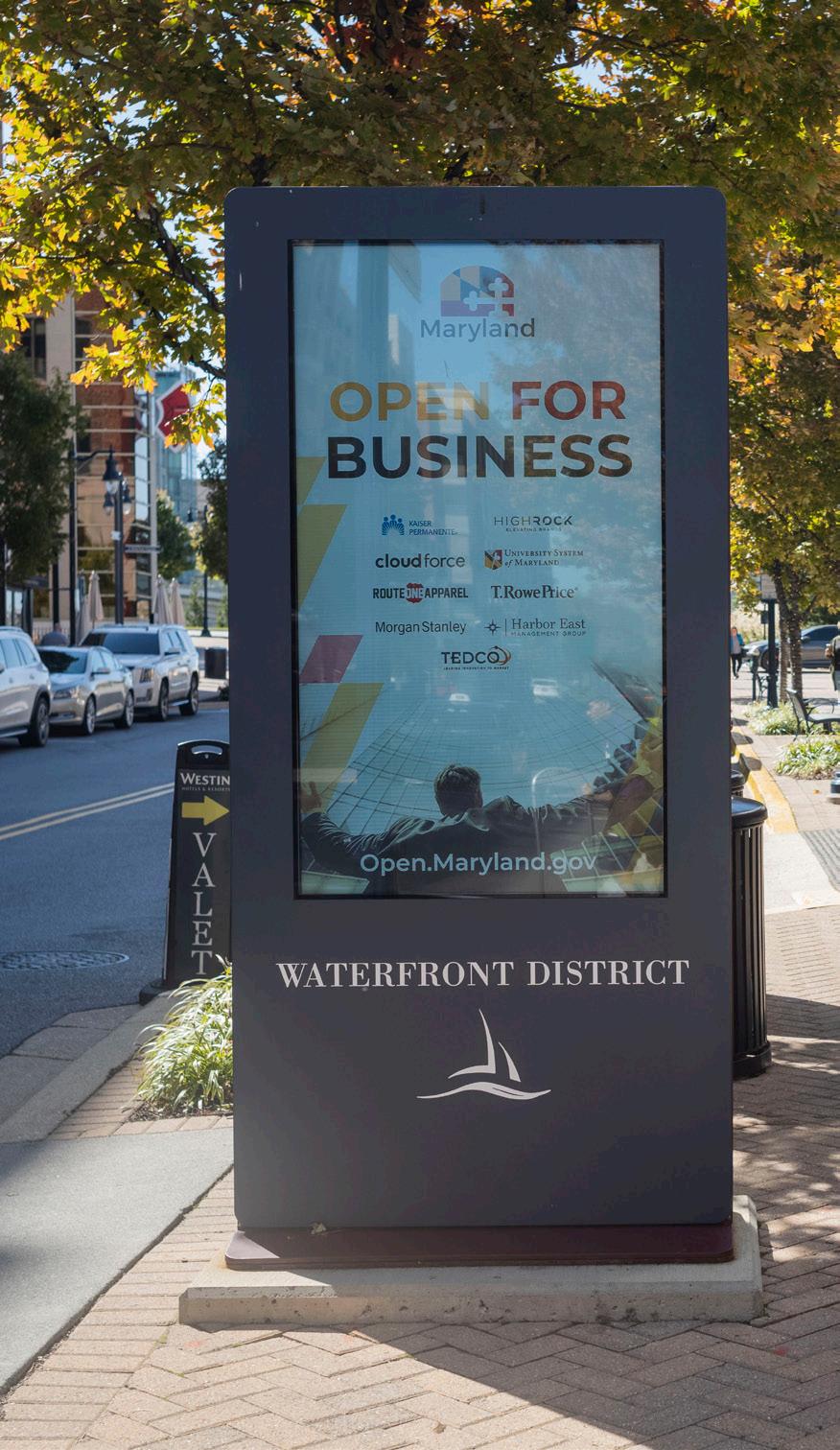## Forget Monopoly Money, This is the Real Deal: Tech is Flipping the Script on Global Currency
The world of finance is about to get a serious upgrade, and it’s not just another flashy app promising to make you rich quick. We’re talking about a tectonic shift, a complete reimagining of how we handle money on a global scale. Forget Wall Street suits and hushed whispers, the future of currency is being written in code, powered by the relentless march of technology.

Here at Gamestanza, we’re not just about the latest game releases and esports tournaments. We’re about the innovations that change the way we play, the way we live, and yes, even the way we transact. And right now, the tech revolution is hitting Annapolis hard, shaking up the global currency market in ways we’ve only dreamed of.

Global Regulatory Frameworks
The rapid evolution of cryptocurrencies and blockchain technology has spurred a global race to establish regulatory frameworks. These frameworks aim to balance the innovative potential of decentralized finance (DeFi) with the need to protect consumers and maintain financial stability.

Existing Regulations
Several countries have implemented regulations specifically targeting crypto assets. For example, the United States has taken a sector-by-sector approach, with the Securities and Exchange Commission (SEC) regulating cryptocurrencies as securities and the Commodity Futures Trading Commission (CFTC) overseeing crypto derivatives. The European Union’s Markets in Crypto Assets (MiCA) regulation, set to come into effect in 2024, aims to create a comprehensive regulatory framework for crypto assets across the EU.

Emerging Trends
A key emerging trend is the focus on anti-money laundering (AML) and know-your-customer (KYC) regulations in the DeFi space. Governments are recognizing the potential for DeFi platforms to be exploited for illicit activities and are increasingly requiring DeFi protocols to implement robust AML/KYC measures. Additionally, there is growing interest in regulating stablecoins, which are cryptocurrencies pegged to the value of fiat currencies. Stablecoins pose unique risks due to their potential to be used for rapid and large-scale financial transactions.

Maryland’s Approach
Maryland, like many other states in the US, is actively engaging with the evolving landscape of cryptocurrencies and blockchain technology. The state has taken a multifaceted approach, combining regulatory oversight with initiatives to foster innovation.

Regulatory Framework
Maryland’s current regulatory framework for cryptocurrencies is primarily based on existing state laws governing money transmission and securities. The Maryland Department of Financial Regulation (DFS) has issued guidance on the application of these laws to cryptocurrency businesses operating in the state.
DeFi and Blockchain Initiatives
In addition to regulatory oversight, Maryland has launched several initiatives to promote the responsible development and adoption of DeFi and blockchain technology. The state has established the Maryland Blockchain Initiative, which aims to position Maryland as a leader in the blockchain ecosystem. This initiative involves collaboration with universities, startups, and industry players to explore the potential applications of blockchain technology across various sectors.
Investment in Talent and Infrastructure
Maryland is also investing in building a skilled workforce and infrastructure to support the growth of the blockchain industry. The state has partnered with educational institutions to offer courses and programs on blockchain technology, and it has established innovation hubs and accelerators to support blockchain startups.
Balancing Innovation and Consumer Protection
The rapid pace of innovation in DeFi presents both opportunities and challenges. Gamestanza, with its focus on innovative gaming experiences, is well-positioned to leverage the potential of DeFi, but it’s crucial to strike a balance between fostering innovation and ensuring consumer protection.
Transparency and Security
DeFi platforms often rely on smart contracts, which are self-executing contracts written in code. While smart contracts can enhance transparency and security, they can also introduce vulnerabilities if not carefully designed and audited. Gamestanza should prioritize the use of robust security measures and conduct thorough audits of smart contracts to mitigate risks.
User Education and Awareness
DeFi can be complex for users unfamiliar with blockchain technology. Gamestanza should invest in educating its users about the risks and benefits of DeFi, providing clear and concise information about how its DeFi features work. This can help empower users to make informed decisions and avoid potential pitfalls.
Regulatory Compliance
As the regulatory landscape for DeFi evolves, Gamestanza must remain vigilant about compliance. Staying informed about emerging regulations and ensuring its operations align with regulatory requirements is essential for maintaining consumer trust and avoiding legal issues.
Opportunities and Challenges for Businesses
The rise of DeFi presents a range of opportunities and challenges for businesses like Gamestanza. By carefully navigating these opportunities and challenges, Gamestanza can position itself to thrive in the evolving financial landscape.
New Business Models
DeFi opens up new avenues for creating innovative business models. Gamestanza could explore the following possibilities:
- In-Game Economies Powered by DeFi:
- Decentralized Gaming Guilds:
- NFT-Based Game Items and Collectibles:
- Initial Coin Offerings (ICOs):
- Decentralized Autonomous Organizations (DAOs):
- Multi-Factor Authentication (MFA):
- Secure Smart Contract Development and Auditing:
- Regular Security Assessments and Penetration Testing:
Gamestanza could introduce a decentralized in-game economy where players can earn, trade, and invest in virtual assets using cryptocurrencies. This could create a more immersive and engaging gaming experience, while also empowering players with greater control over their in-game assets.
Gamestanza could facilitate the formation of decentralized gaming guilds, where players can pool their resources, collaborate, and share rewards. This could create a more social and community-driven gaming experience.
Gamestanza could leverage NFTs (non-fungible tokens) to create unique and scarce game items and collectibles that players can own and trade. This could add a new dimension of value and scarcity to in-game assets.
Investment and Integration
DeFi technologies can offer new avenues for investment and fundraising for businesses like Gamestanza:
Gamestanza could raise funds by issuing its own cryptocurrency through an ICO. This could provide a direct way to connect with a community of investors interested in supporting the development of its platform.
Gamestanza could explore the formation of a DAO to govern its platform and decision-making processes. This could allow the community to have a direct say in the future of the platform.
Cybersecurity and Risk Management
DeFi presents unique cybersecurity challenges due to the decentralized nature of blockchain technology. Gamestanza must prioritize robust cybersecurity measures to protect its users and assets:
Implement MFA for all user accounts to enhance security and prevent unauthorized access.
Conduct thorough audits of smart contracts used in DeFi applications to identify and mitigate vulnerabilities.
Conduct regular security assessments and penetration testing to identify weaknesses in its systems and infrastructure.
Conclusion
So, there you have it, folks. The global currency market, once a realm of hushed phone calls and sprawling trading floors, is now being rewritten by the language of code. From blockchain’s decentralized revolution to AI’s predictive prowess, technology is shattering traditional barriers and democratizing access like never before. We’ve explored how these innovations are streamlining transactions, reducing costs, and fostering transparency, but it’s only the tip of the iceberg. Imagine a world where cross-border payments are instantaneous, where algorithmic trading algorithms anticipate market shifts with uncanny accuracy, and where financial inclusion becomes a reality for billions. This isn’t just a technological shift; it’s a seismic cultural and economic transformation. The implications are profound, impacting everything from national economies to individual livelihoods. As we navigate this brave new world, one thing is clear: the currency market of tomorrow will be as dynamic and innovative as the technology driving it. The question isn’t “if” these changes will come, but rather “who” will shape them. Are you ready to join the game? The global currency market is open for play, and the future is waiting to be won.
